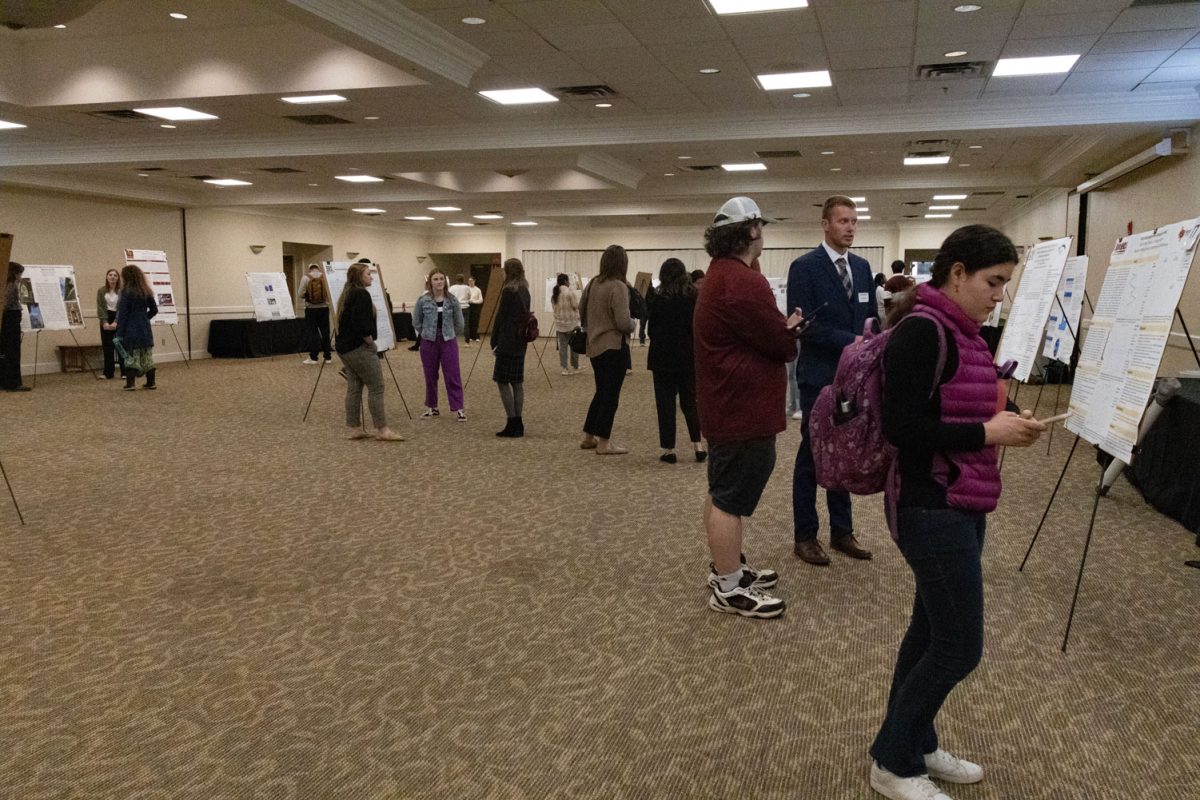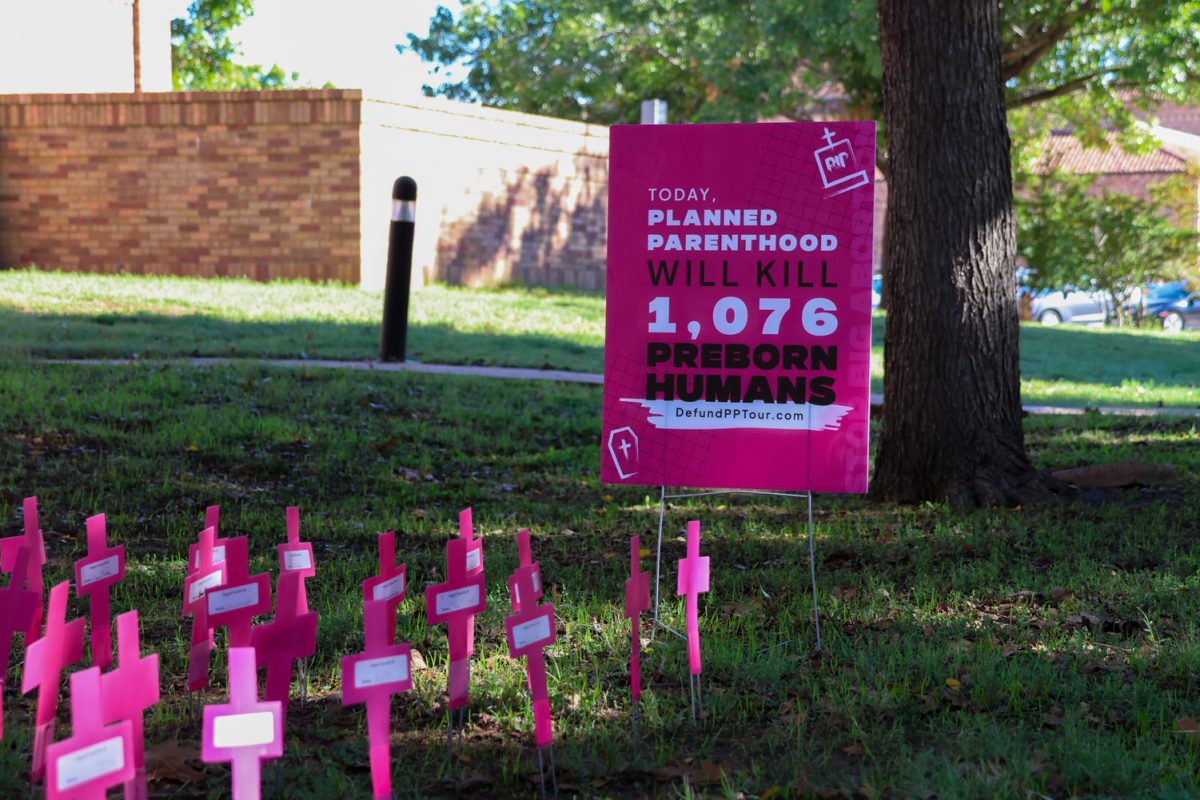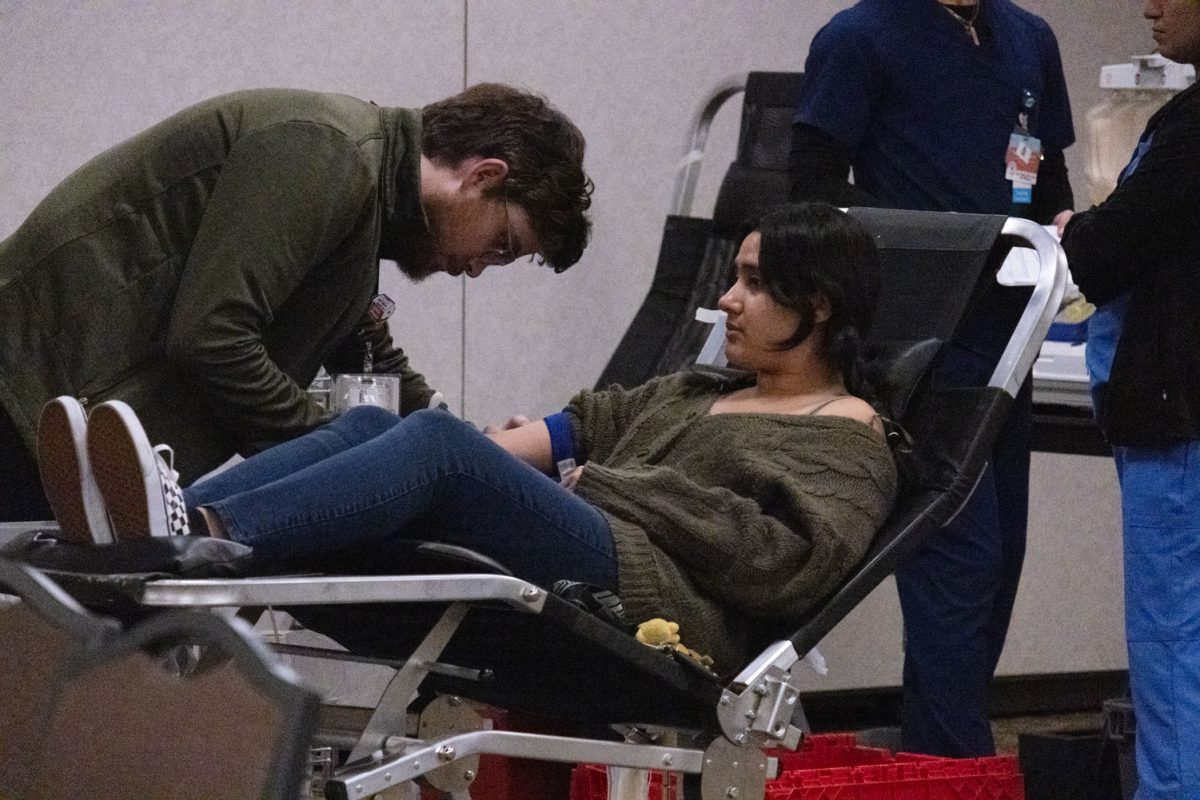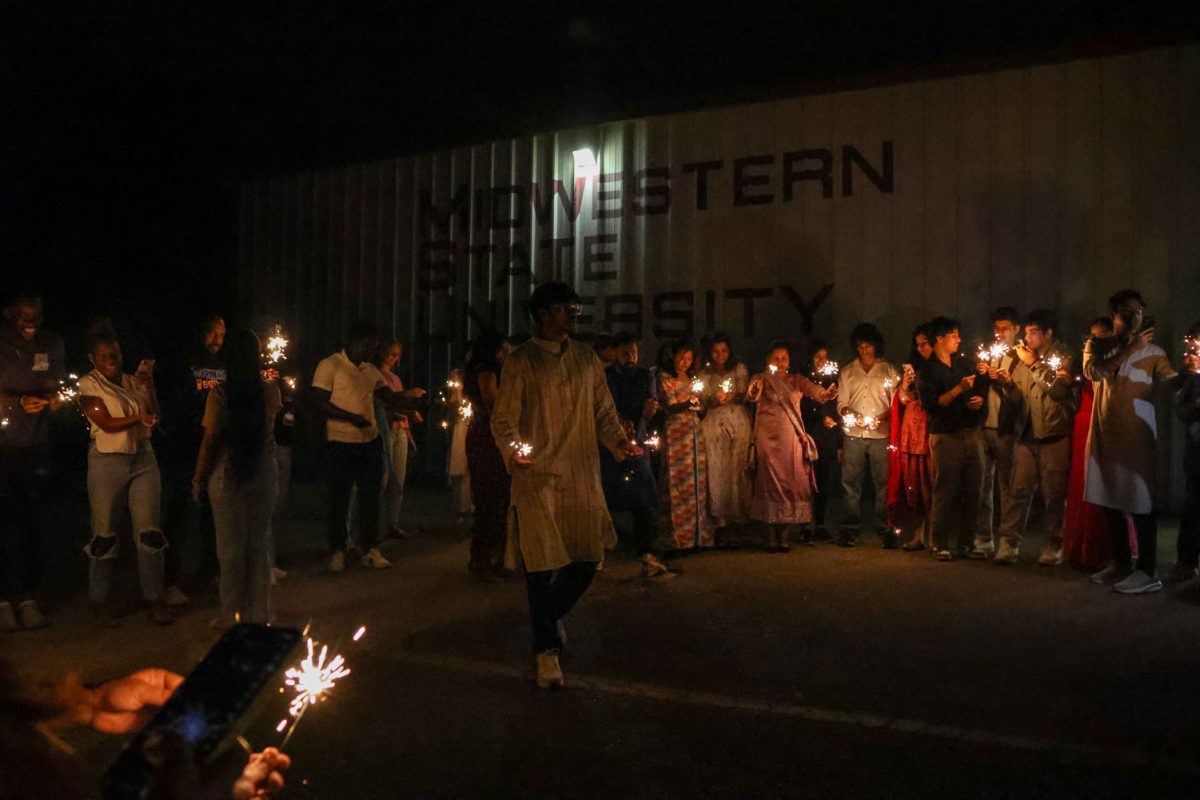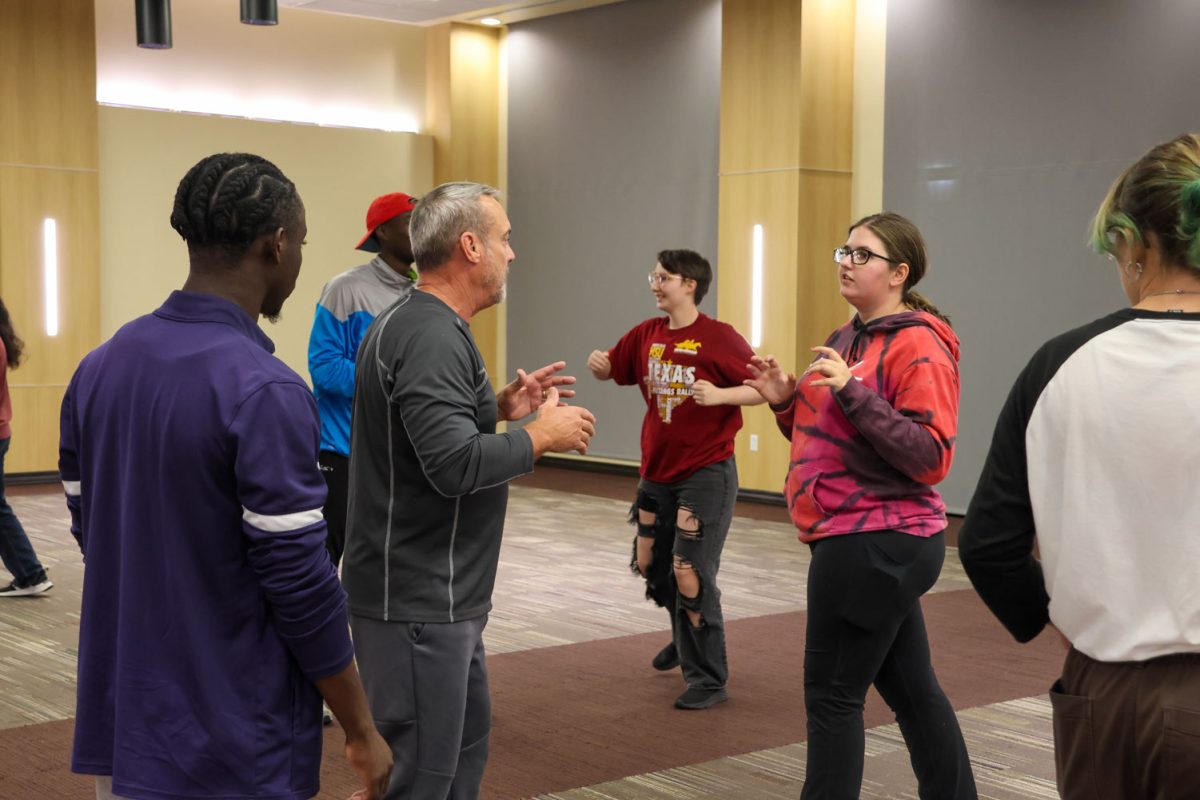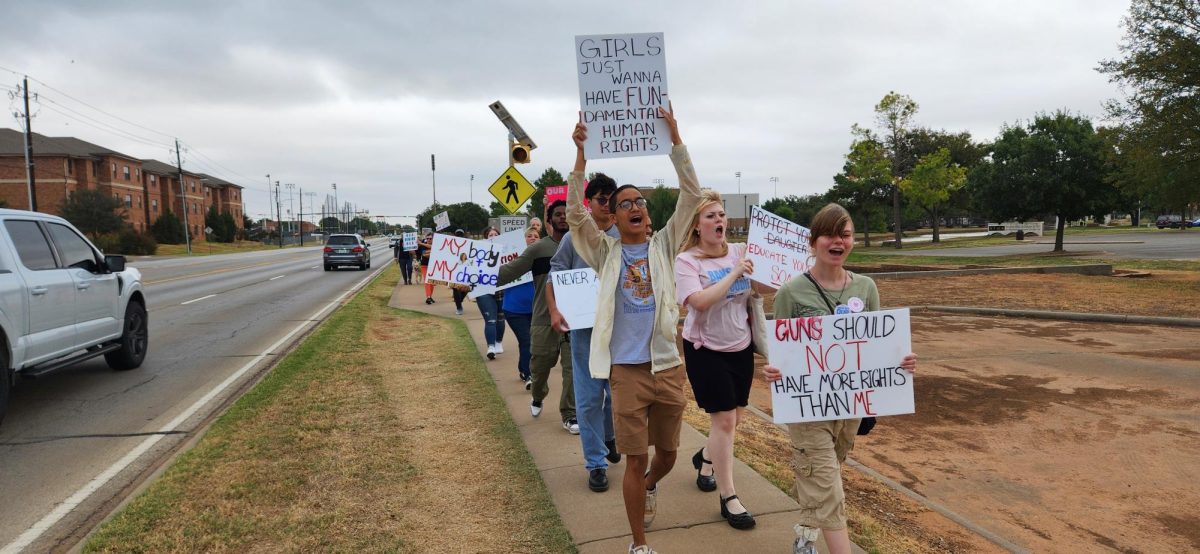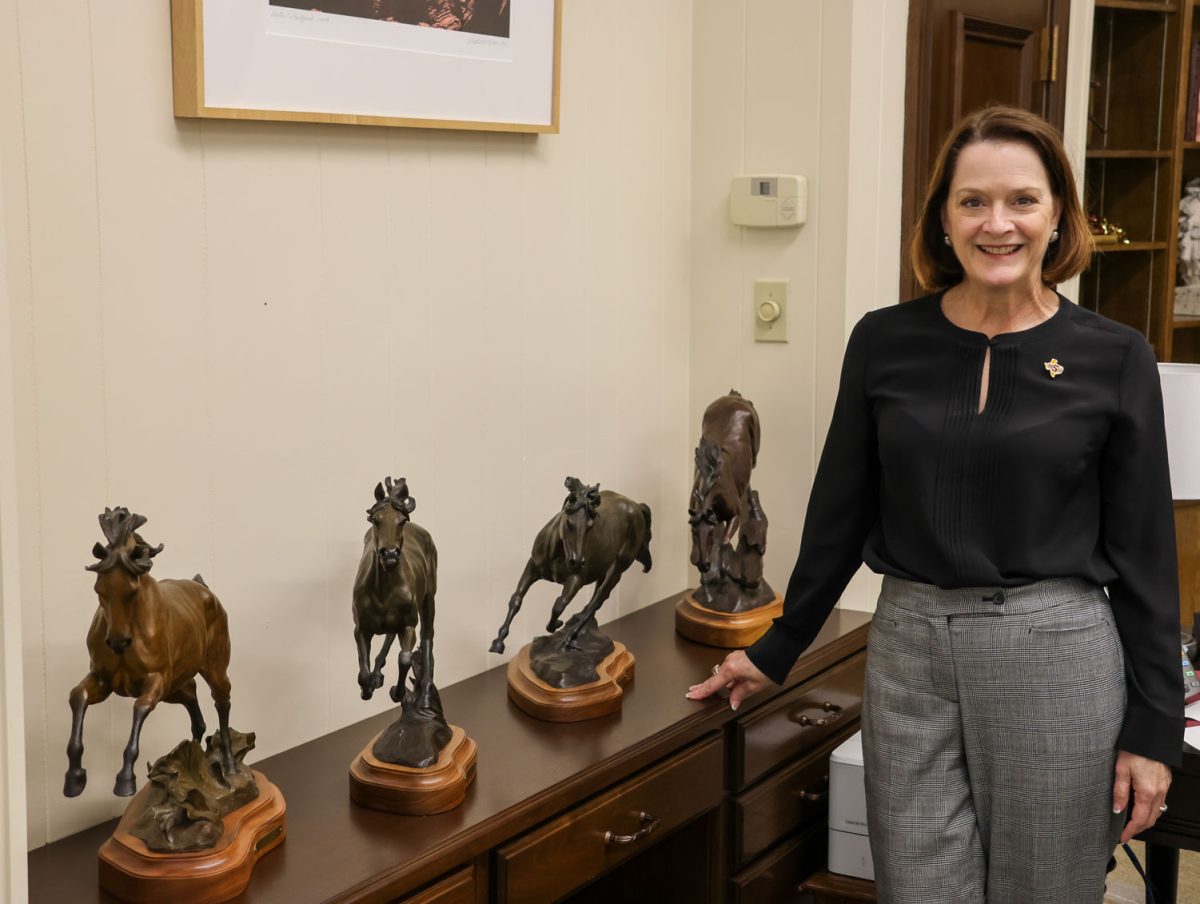With increased enrollment, and a surveillance system that is ran independently building to building, security on campus is called into question.
“If there’s not a process in place to check them and verify they’re working, the efficacy of having surveillance is called into question,” said Keith Lamb, vice president of student affairs.
Throughout campus the surveillance system is there to monitor activities, prevent, and investigate criminal activity on campus. The surveillance system in place is controlled by each building’s organizations.
“Each department is responsible and determines whether they want to spend the money,” said Dan Williams, chief of police. “For example, if it’s in the music building, the music department has to pay for those cameras. We monitor them, and if we are made notice of illegal activity we can pull up those cameras and take the necessary criminal action to prevent or stop it.”
At the moment, there is no governing group to check if the surveillance system is properly maintained. Each department is responsible for upkeep and installation, leading to inconsistencies, and some buildings with a lower standard of surveillance than others.
“It takes lots of communication to make the system work, ideally the way you would like it to work,” said Williams. “That’s sometimes where it can get confusing because you had a particular person where there would be a chairperson or a dean over a particular department, who bought a camera system 10 years ago and a new person has come in and taken that over and they may or may not know that they have that responsibility because maybe somebody has not informed them.”
“Sometimes, like all organizations, communication fails, and info doesn’t get related from one part to the other as well as you’d like,” Williams said.
For the near future, there’s not going to be a change in the system, a system where each building is financially responsible for installing and maintenance of their surveillance systems, a luxury some cannot afford. Certain buildings such as the Clark Student Center have received upgrades this year and more plans to replace the entire security system next year.
“Next year, there’s a master plan to replace the security system throughout the building,” said Dail Neely, director of the Clark Student Center.
The building planned to upgrade the surveillance system sooner, but debt from the building’s complete renovation 18 years ago came first, which it plans to payoff next year, ahead of schedule.
With a centralized system, buildings wouldn’t have to budget for their security, and keep track of maintenance, which can take up to a year to identify and replace units. The power to maintain and install would be put under campus police.
“If it was to be centralized, which is a good idea budgetarily, what would have to happen is we would have to fund a budget for the police to do that by reallocating funds that are in current building budgets or department budgets into a separate budget for the police,” Lamb said. “So the money that people typically spend on their hardware would just be re allocated to the police so it’s centralized.”
This is an option favored by the police department, who have no control on maintenance if a unit were to stop working.
“I would love to have a centralized budget, and have it put under me, but that hasn’t happened, it is what it is, and we do the best we can with it,” said Williams. “If I know that something’s not working, I’ll point it out but ultimately it’s up to them to make the choice to fix it or not, and it comes out of their budget.”
“But as actually maintaining them, we try to keep an eye on it, but to be honest with you it’s not something we control,” he said.




